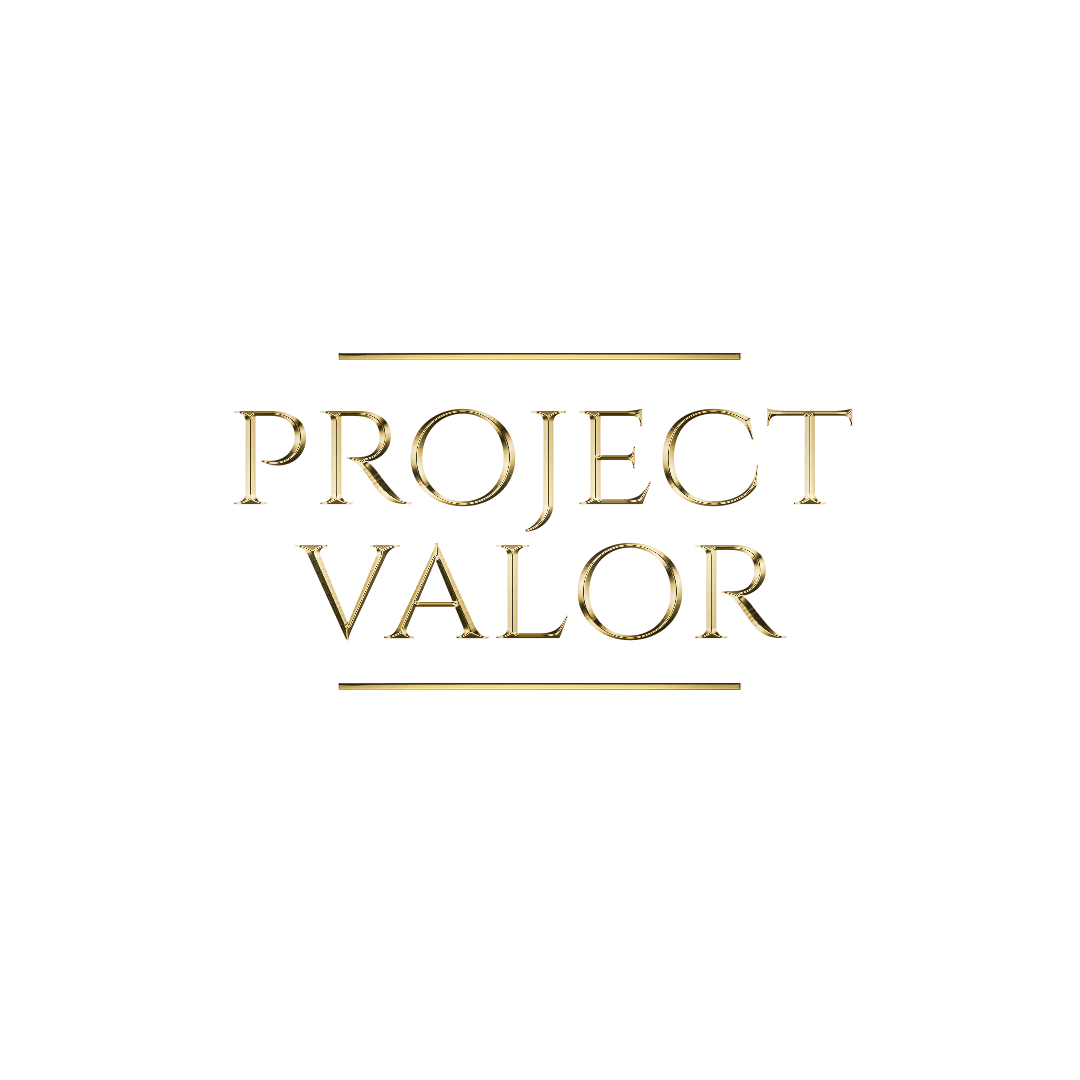When it comes to supporting our veterans in their journey towards homeownership, understanding the intricacies of VA loan requirements is crucial. At Project Valor, we are dedicated to empowering veterans with the knowledge they need to navigate these waters successfully. Today, we're diving deep into the guidelines for veterans who own rental properties and are looking to purchase a new home using a VA loan.
Understanding the Importance of Cash Reserves
The Department of Veterans Affairs is keen on ensuring that veterans have sufficient financial stability when applying for a new mortgage, especially when they already own rental properties. A key requirement is the verification of rental property income, which includes having adequate cash reserves. Veterans, generally, must demonstrate that they have enough liquid assets to cover at least three months of mortgage payments on each rental property they own. These payments include principal, interest, taxes, and insurance (PITI). This requirement is designed to buffer against potential rental income volatility, such as the loss of a tenant. For instance, if the PITI for your rental property is $1,500 per month, the VA requires you to have at least $4,500 in cash reserves. This is money left over AFTER you spend the money to close on the home you're purchasing. This ensures that even in the absence of rental income, you can maintain mortgage payments without jeopardizing your financial stability. Makes sense right?
Tax Returns and Rental Income Verification
Another critical aspect of the VA loan application process for property-owning veterans is the verification of rental income through tax returns. Veterans must provide individual income tax returns for the previous TWO YEARS, signed and dated, or lender-obtained tax transcripts along with all applicable schedules. This documentation MUST show the rental income generated by the property. It's important to note that when considering rental income for loan qualification, lenders often take a conservative approach. Many lenders may not accept 100% of the rental income; typically, only 75%-ish of the rental income may considered towards the VA loan income requirements. This conservative estimation accounts for potential vacancies and maintenance expenses associated with rental properties. Again...makes sense when you're essentially the gatekeeper for the investors funds, and if the VA is planning on guaranteeing your loan.
Special Considerations for Multiple Properties
For veterans who own multiple rental properties, the financial scrutiny is more stringent. Each property owned requires separate documentation of three months' principal, interest, taxes, and insurance (PITI). This rule ensures that each property is independently sustainable without the need to cross-subsidize, which could potentially strain the veteran’s financial situation. Additionally, it’s essential to understand that equity in a rental property CANNOT be used as reserves. Similarly, cash proceeds from a VA refinance are not counted as required PITI reserves for a rental property. This underscores the VA's emphasis on liquid assets and actual cash reserves as a measure of financial health.
No Shortcuts with Gift Funds
An interesting facet of VA guidelines is the treatment of gift funds. While gift funds are permissible in many areas of VA lending, they cannot be used to meet the reserve requirements. This policy ensures that veterans have demonstrated their own financial management capabilities, reinforcing the stability needed for additional property investments.
Closing Thoughts
The path to securing a VA loan as a veteran with rental properties might seem laden with challenges, but it’s structured to ensure your long-term success and stability. At Project Valor, we are committed to guiding our veterans through these processes, armed with knowledge and prepared for success. Remember, each step in meeting these requirements is designed to protect and propel you toward secure homeownership. If you are a veteran considering a new home purchase and currently manage rental properties, taking the time to understand and prepare for these guidelines is crucial. With the right preparation, your journey to a new home will be as smooth and successful as possible. For more insights and personalized guidance, visit us on IG @projectvalorva or @the_matthew_clanton and let's chat! If you're a Realtor or Lender that's focused on helping veterans, then drop us a line and know that together, we can achieve more and ensure that our veterans have the support they need to thrive in their civilian lives.
